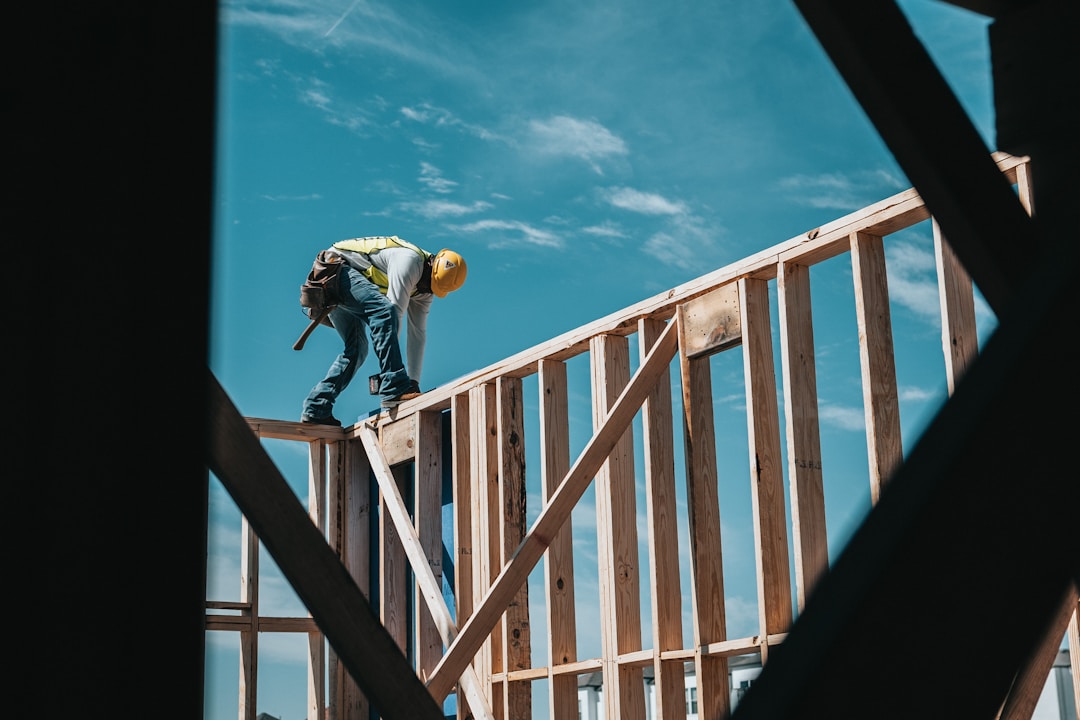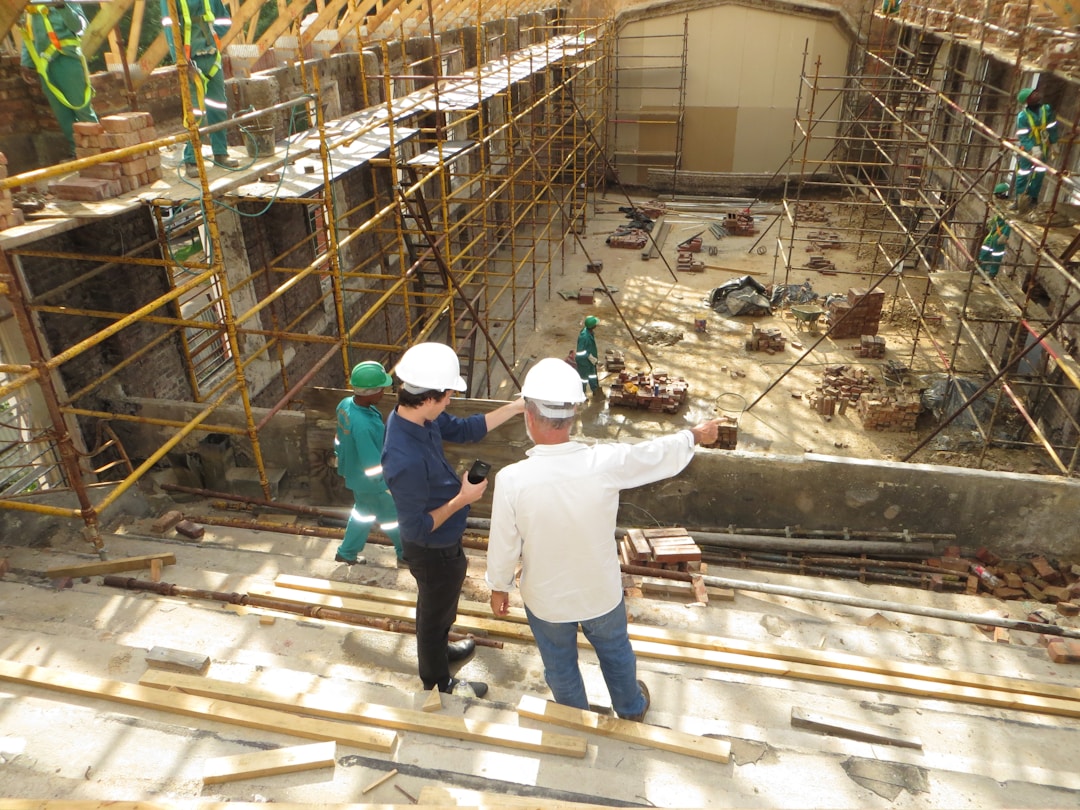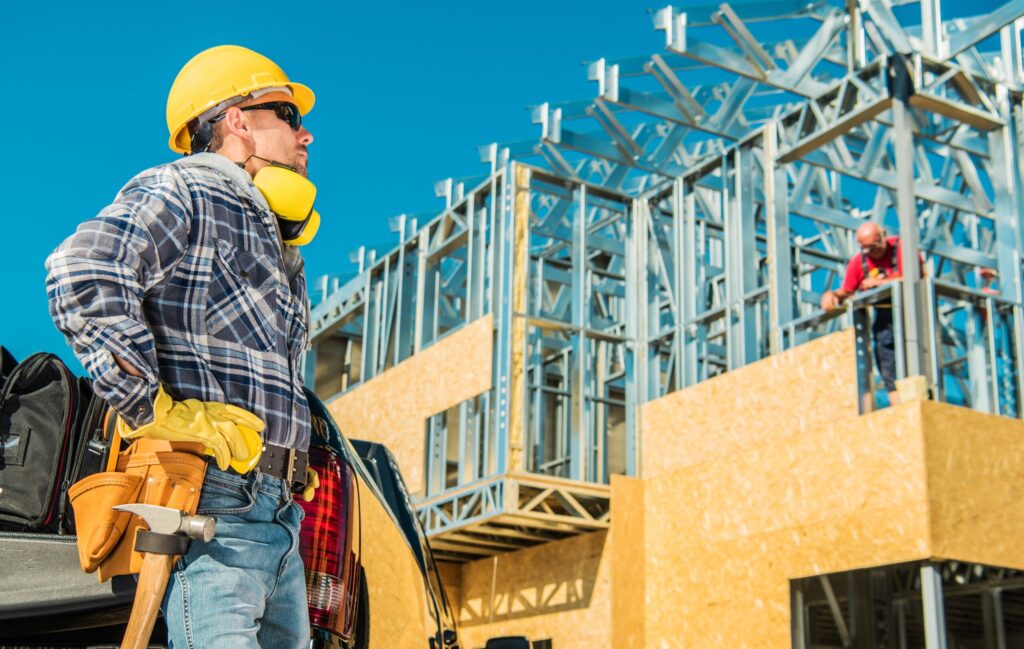In the construction industry, residential construction is one of the most active and dynamic sectors. Whether it’s newly built homes, renovations, or extensions, residential construction is a significant contributor to the economy as it drives a large part of the construction industry’s growth. It doesn’t just offer financial rewards, this sector also provides an opportunity to create meaningful structures that become part of people’s daily lives. However, running a residential construction company comes with its unique challenges and risks. In this article, we will explore the fundamentals of running a company and strategic ways to overcome common hurdles.
Navigating the Challenges
Running a residential construction company is a complex task involving many broad aspects, including estimating project costs, managing the workforce, communicating with clients, supervising onsite operations, and ensuring safety norms. One of the significant challenges is balancing the dual demands of project management and business operations. It’s crucial to have a clear understanding of the construction process and equally important to grasp how this process should translate into a viable business model. Financial acumen, strategic planning, and exceptional management skills can determine the success of your company.
Coping with economic fluctuations is another formidable challenge. Residential construction companies are often at the mercy of the economy. When the economy is thriving, companies experience a surge in demand. However, during an economic downturn, the industry can slow down dramatically, affecting the company’s profits. Business owners must keep an eye on economic trends and plan their strategies accordingly.
Indispensable to any company is adequate insurance coverage. Protecting your company against losses related to accidents, property damages, and litigations can mean the difference between successful operations and financial ruin. Therefore, investing in insurance for general contractors is a wise move. This coverage can safeguard your business from unexpected events and give you the peace of mind to focus on your work.
Embracing Innovation

Innovation in the residential construction industry comes in various forms, from digital tools to construction techniques. Adopting innovative approaches can significantly boost productivity, enhance safety, and offer cost-effective solutions. The use of Building Information Modeling (BIM), for example, allows you to visualize your project in a virtual environment before the construction begins. It enables you to detect any potential design errors, thus saving time and costs on adjustments during the construction phase.
Advancements in construction materials are revolutionizing the sector, too. The use of sustainable materials is becoming increasingly popular among homeowners due to the advantages they offer. They not only reduce energy consumption but also contribute to creating a healthier living environment. Hence, being updated with the latest trends in construction material usage is critical for the growth of your company.
Ensuring Quality
Quality assures longevity, and when it comes to structures, longevity is the ultimate goal. Achieving high quality in residential construction is a combination of skilled craftsmanship, the use of exceptional materials, and adherence to the codes and rules that govern the construction industry. The focus should always be on creating structures that are safe, aesthetically pleasing, and long-lasting.
High-quality residential construction depends significantly on the careful selection of materials. Every component—from the concrete for the foundation to the roofs and quality residential awnings—has a direct impact on the overall quality of the home. Therefore, it’s imperative to choose trusted suppliers to ensure you receive top-quality materials.
Building Strong Relationships

Relationship-building is an often-overlooked aspect of running a company. The success of your business will significantly depend on relationships with customers, local authorities, suppliers, and team members. These relationships can impact the reputation of your company and its future prospects. It’s essential to communicate effectively, maintain transparency, and deliver on your promises to establish trust and rapport in your relationships.
Happy and satisfied customers can lead to recommendations, forming a significant part of your new business. Therefore, understanding your client’s expectations and going the extra mile to fulfill them can significantly impact your company’s success. Regular follow-ups, addressing any issues promptly, and showing appreciation for their business can strengthen your customer relationships.
Altogether, while the journey of running a residential construction company can be filled with challenges, it can also be greatly rewarding. By successfully navigating the hurdles, embracing innovation, ensuring quality, and building strong relationships, you are well on your way to establishing a reputable company. Sure, it requires dedication, strategic planning, and hard work but the end result—a thriving business making homeowners’ dreams a reality—is definitely worth it.


